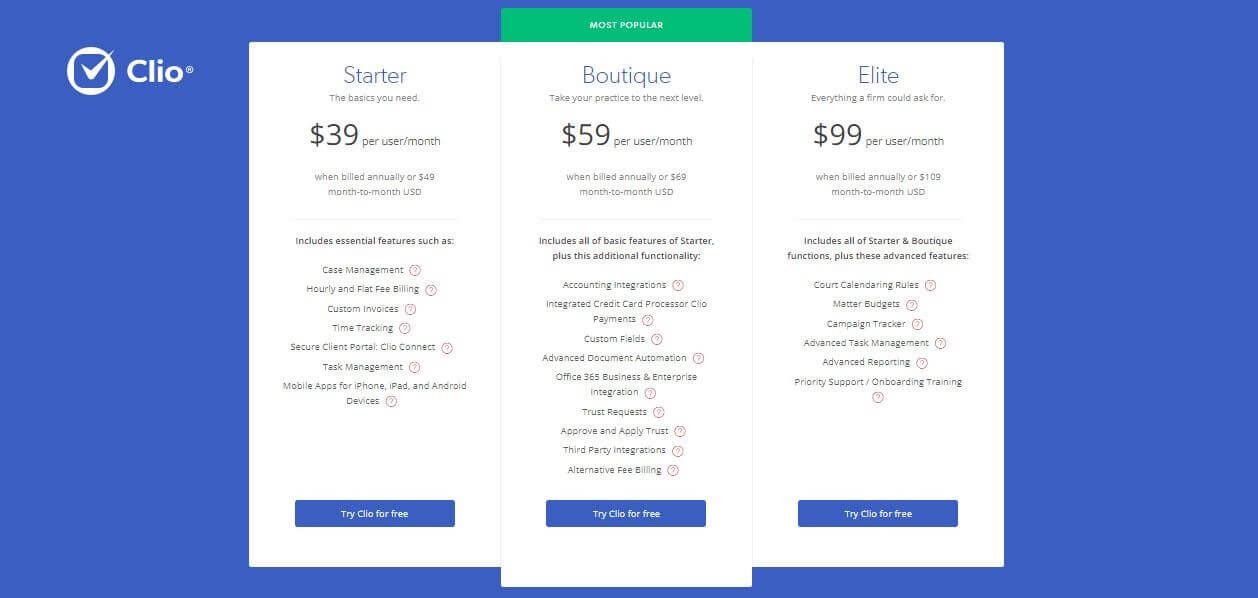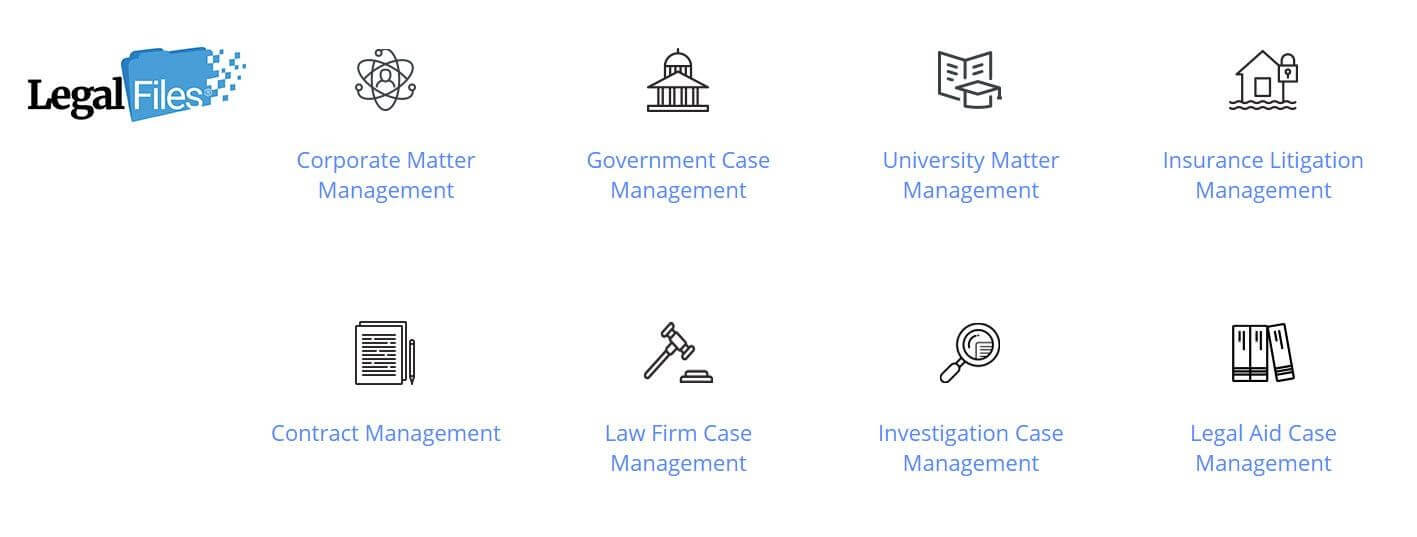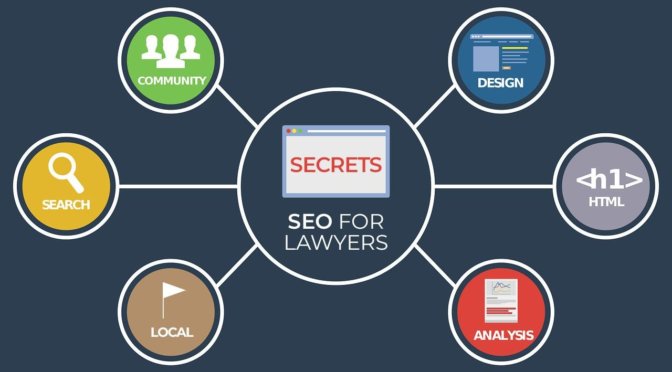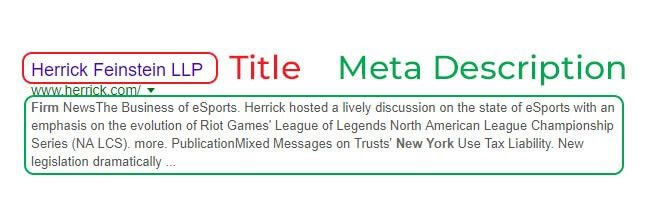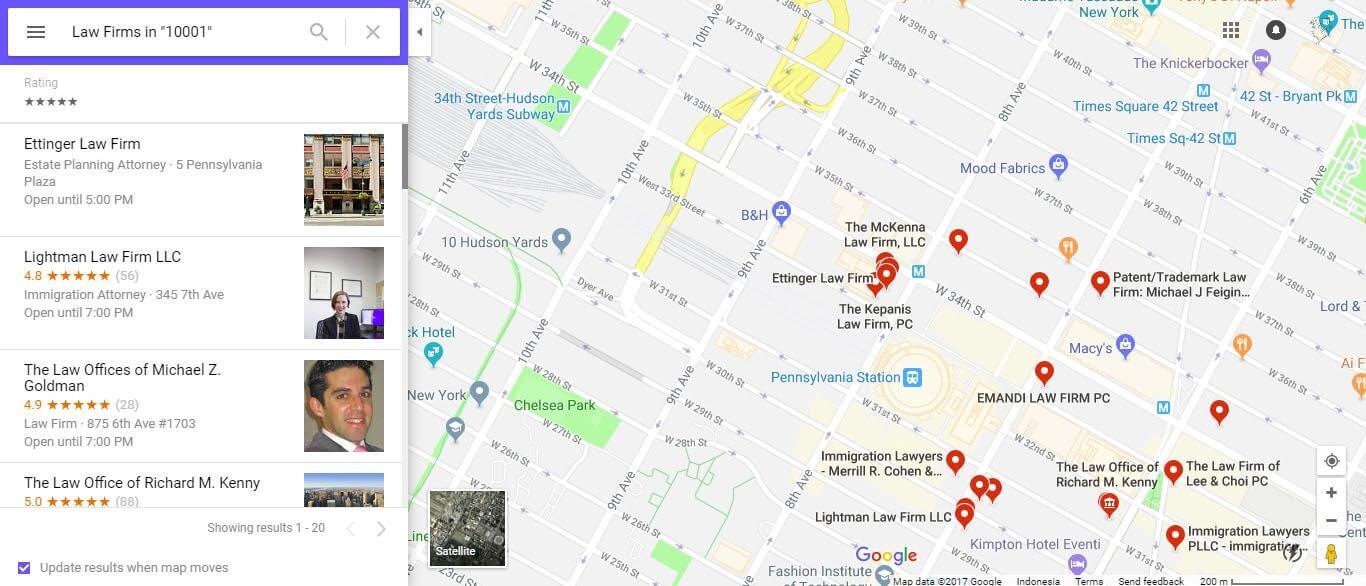Lawyer’s need the right tools to provide their legal services anywhere they have to go. From the office appointments to courtroom appearances having a full suite of supplies will keep a lawyer equipped for any situation.
If you’re soon to be associate at a firm or just a polished lawyer looking for a few new tools for the “toolbox,” here you will discover what’s inside a lawyer’s briefcase.
Digital Recorder
Although smartphones can provide this solution, some old fashion lawyers may still carry around a recording device. Recorders are important to make notes, collect thoughts and record instructions. If you happen to be one of those lawyers using a cassette tape to record, upgrading to a digital device can save a lot of time.
Digital Camera
If you’re required to collect evidence for a case, such as a car accident, having a digital camera is a must. There are many small and compact cameras that can fit inside a small inner compartment.
Smart Phone
You could probably eliminate all the previous items on this list by just using a smartphone. Calculators, recorders, and even matter management software can reduce the weight in lawyer’s briefcase. However, there could be privacy concerns if you’re using your personal phone for your clients. Designating a phone for your law practice can be a smart idea.
Cellular Headphone Set
Cellular headsets are great to have when reception is bad and a client makes an urgent call. These take up little space, however, using a clip from the office to bundle the wires is a smart way to avoid untangle them each time you pull them out.
Notebook Computer
A lawyer’s briefcase is usually designed to perfectly fit a notebook computer. If you’re carrying around your client’s notes, matter, and also a computer, you may want to get a briefcase with a shoulder strap to reduce the load.
USB Scanner
This may not be a common item found in a lawyer’s briefcase, but it can be useful if you’re always on the move. Having a USB scanner can put documents on your laptop whenever you need them. You can send priority documents to clients immediately after court hearings while waiting in the break room.
Stationary Supplies
All lawyers require the stationary supplies to be functional for their job. Pens, pencils, notebooks, and other essentials can be stored in designated compartments for quick and easy use. Don’t forget to replenish your supplies whenever they run out.
Legal Matter
Inside most briefcases, you’ll find a sleeve dedicated for loose papers and folders. Storing the necessary legal matter in these places not only protects the documents but can also keep them organized. However, if you’re caseload is very large, you may require a larger suitcase to handle the load.
Final Thoughts
A lawyer’s briefcase is more than just a bag full of tools to perform legal work. When going from the office to the courtroom, a briefcase provides a secure and safe way to transfer sensitive and private information. Having a briefcase with anti-theft features with tracking may be over the top, but in a worst-case scenario, you’d have no regrets.
One last thing to remember, especially if you’re using or own multiple briefcases, is to be sure to transfer the contents on one into the other. You may find yourself rushing out the door with the wrong briefcase and wonder why all your client files disappeared.





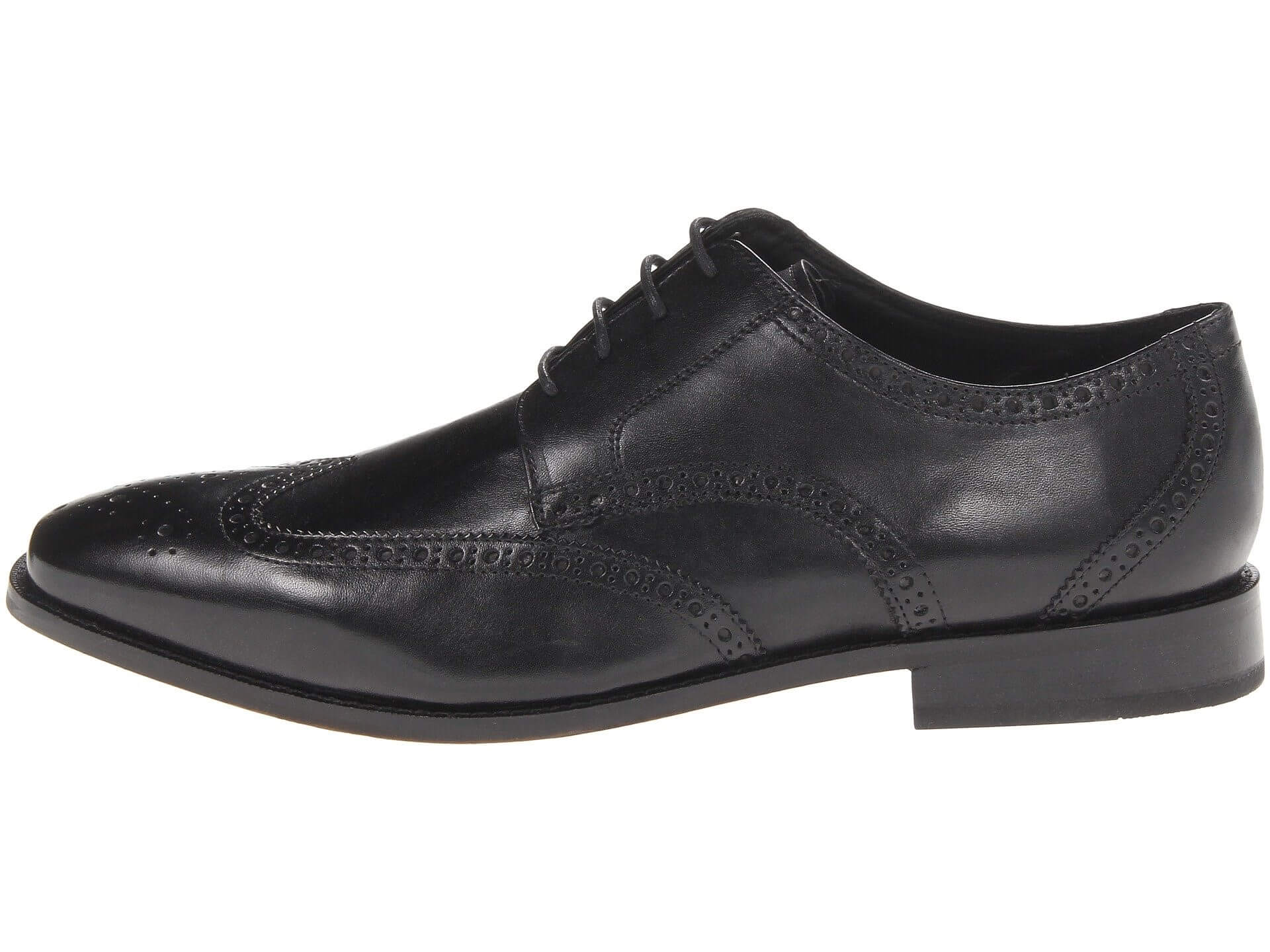
 Plain Toe Derbys by Dquared2
Plain Toe Derbys by Dquared2 To Boot New York Finn Chelsea Boots
To Boot New York Finn Chelsea Boots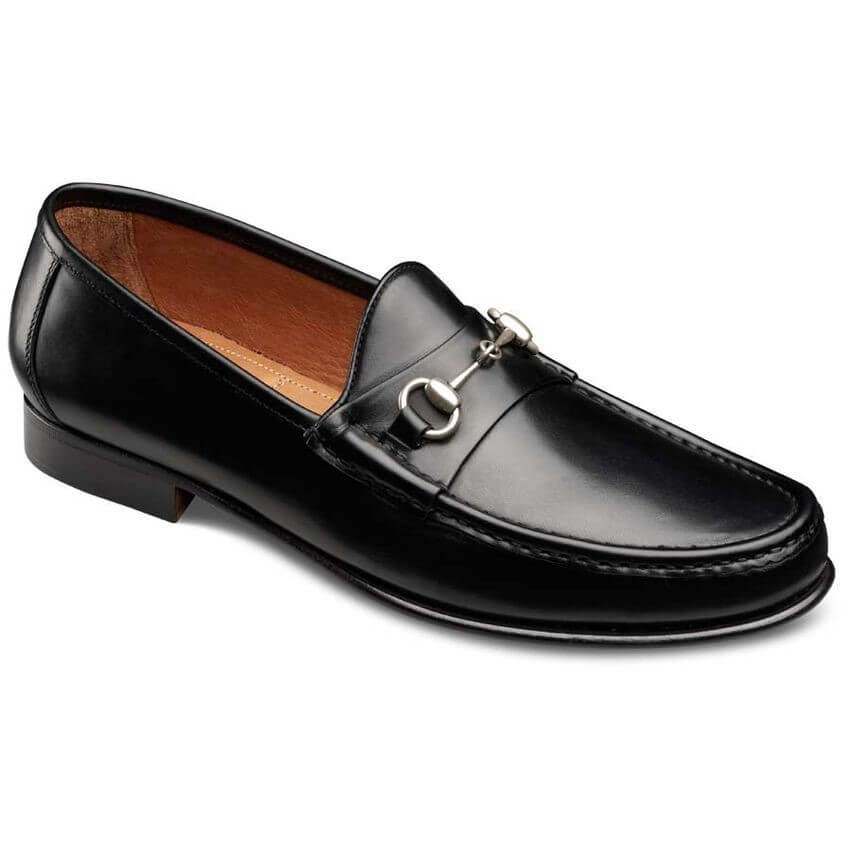










 PracticePanther
PracticePanther





